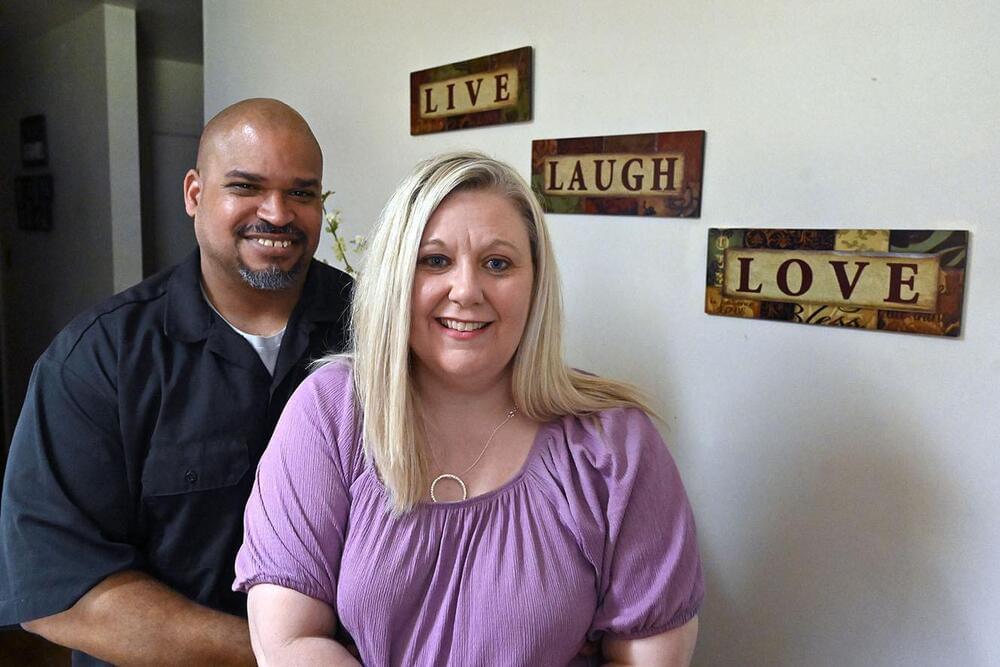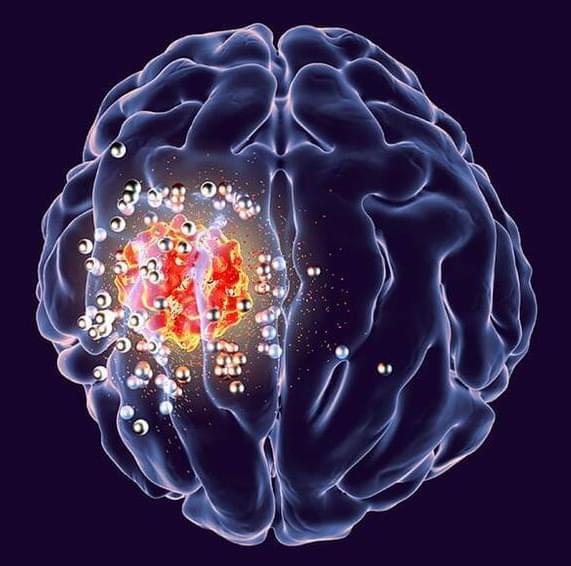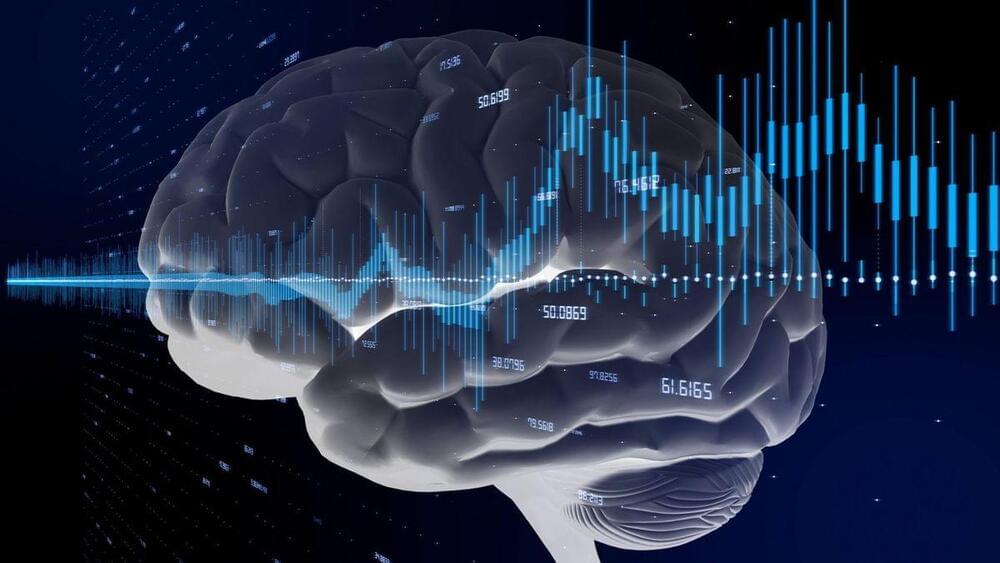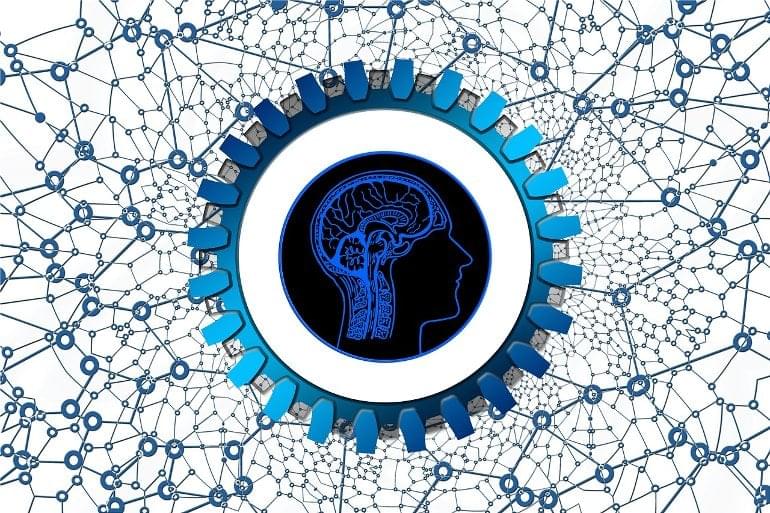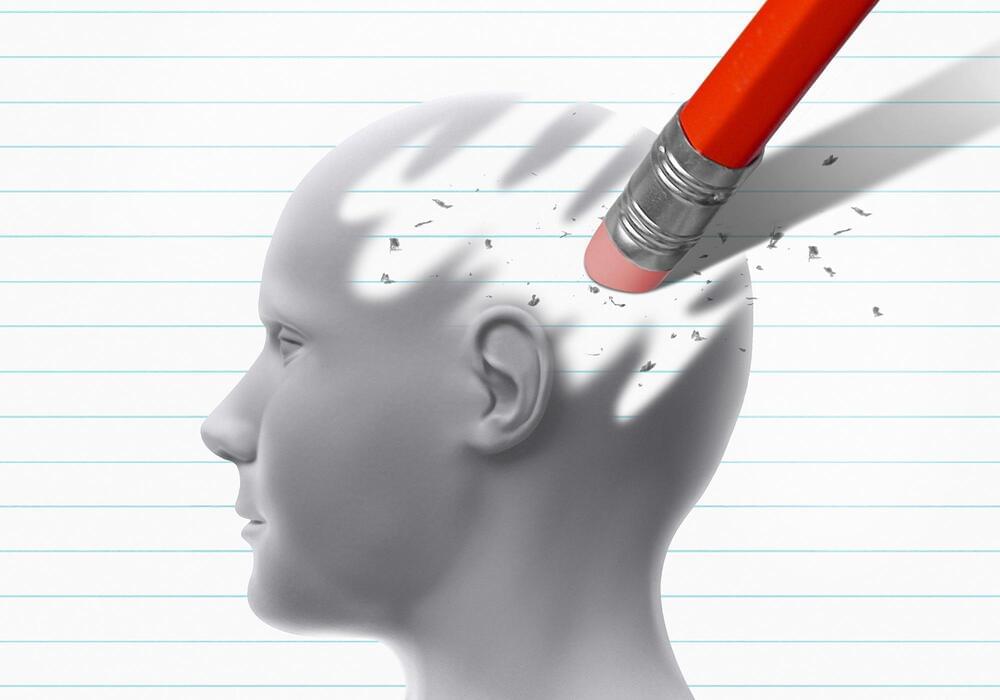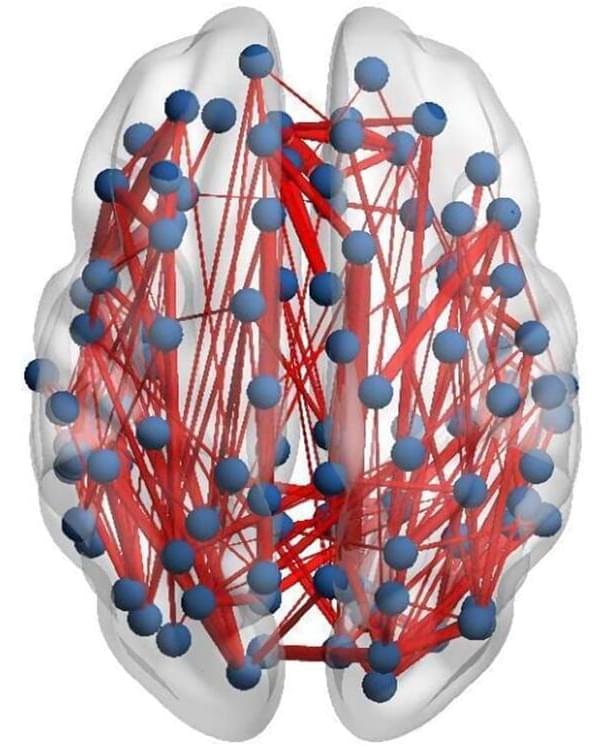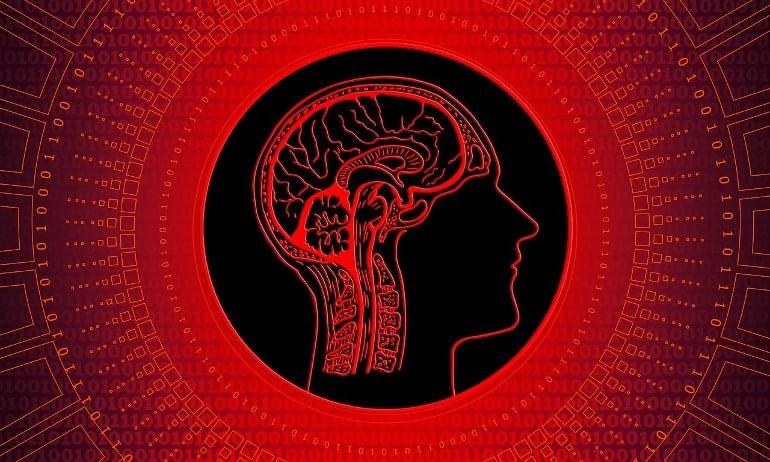Oct 23, 2022
Genes link bipolar, schizophrenia, once thought unrelated
Posted by Shubham Ghosh Roy in categories: biotech/medical, neuroscience
ELIZABETHTOWN, Ky. (AP) — When Chastity Murry had her first psychotic break, she went into her bathroom and downed a whole bottle of pills, hoping to die. Her teenage daughter had to perform CPR to save her life.
Around that same time more than a decade ago, the man who would become her husband, Dante Murry, also lost touch with reality and considered suicide.
Different illnesses led them down similar paths – bipolar disorder in her case and schizoaffective disorder in his – conditions long considered by many to be distinct and unrelated.
